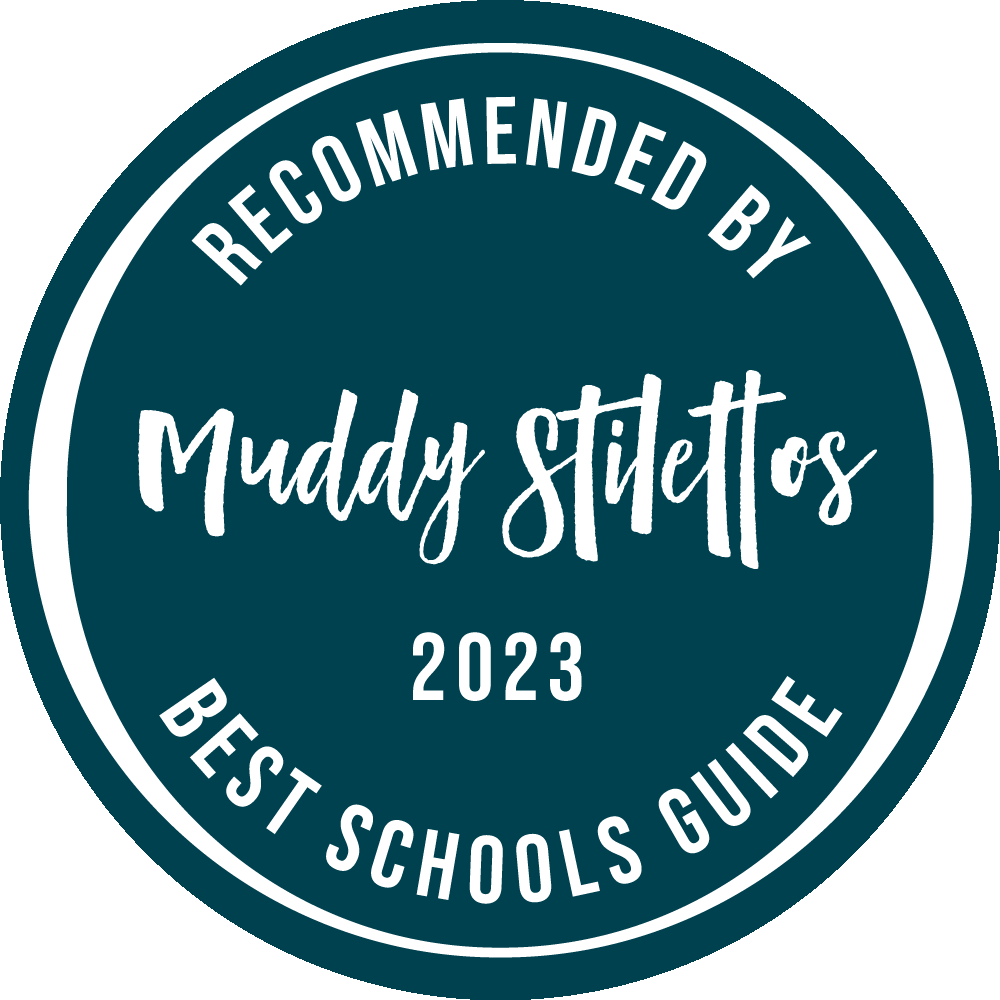From the Base

We are lucky at Pilgrims' to have staff with a wide range of experiences. During last year's lockdown in South Africa, the fantastic Mr Cuyler (English department) wrote a great piece which is certainly worth sharing with everyone, in two installments. Here is part one.
Online Wellness: Part 1
The average person has had to become au fait with a number of online communication platforms of late. The proliferation of Zoom, Google Meet, Microsoft Teams, and Skype meetings has taken place at lightning speed and for the Luddites among us, this has been very overwhelming (myself included!). I had flashbacks of going for my driver’s test many years ago while waiting to start my first online lesson not too long ago!
With much of our online engagement taking place via various platforms, like Zoom, we need to be aware that long hours spent online can present us with unintended consequences that need to be managed carefully. Virtual meetings are very taxing and can drain one mentally. Julia Sklar explains in an article written for National Geographic that the widespread use of online platforms during the COVID-19 pandemic has “launched an unofficial social experiment, showing at a population scale what’s always been true: virtual interactions can be extremely hard on the brain.” For some people, it is painfully awkward to be seen on screen and can raise one’s levels of self-consciousness. For teenagers (and young people in general), this can be a very stressful experience in a time when one is keenly focused on self-image and a desire to fit in. Another challenge that may be faced by pupils is the pace at which some online interactions take place. If one struggles to take in and process auditory information, a lot can be lost in online lessons.
So how do we derive all the benefits from these very useful platforms without falling prey to the drawbacks? Research conducted by Gianpiero Petriglieri and Marissa Shuffler suggests that breaks between online meetings are very useful to counter the effects of Zoom fatigue. A walk in the garden and a drink of water will help to refresh one, and time in the sunlight is good for our mental well-being. Another suggestion is to turn your screen to the side slightly instead of staring into it head-on. This can help to improve one’s concentration significantly as you will not become distracted by every little movement taking place on the screen. It is also suggested that there be some ‘social time’ at the start of each meeting to help humanize the process somewhat. This will enable participants to feel socially connected and also reduce some of the anxiety around being seen on screen by everyone. Human connection is vital during this very strange time in education, and that certainly is one of the benefits of having access to platforms like Zoom.
Next week we shall look at practical steps that can be put in place to ensure that we stay healthy during this period of online learning.







